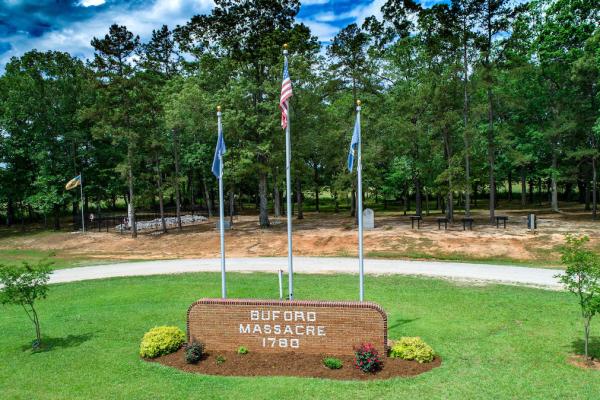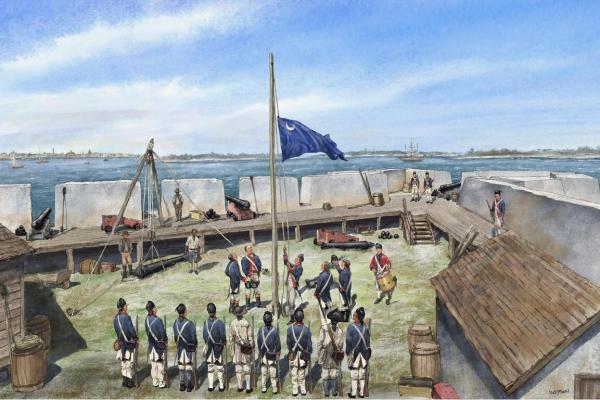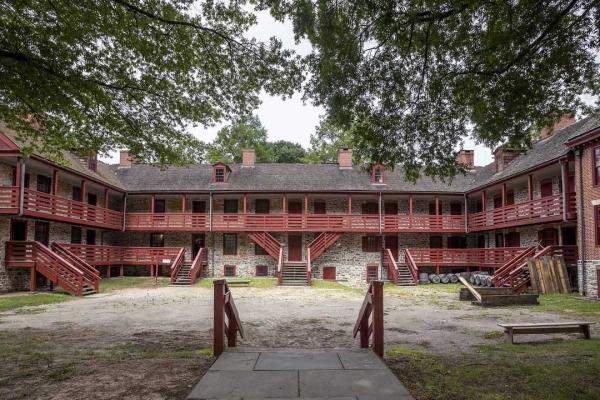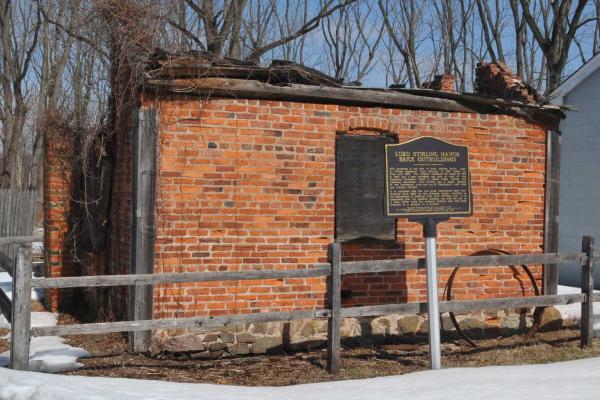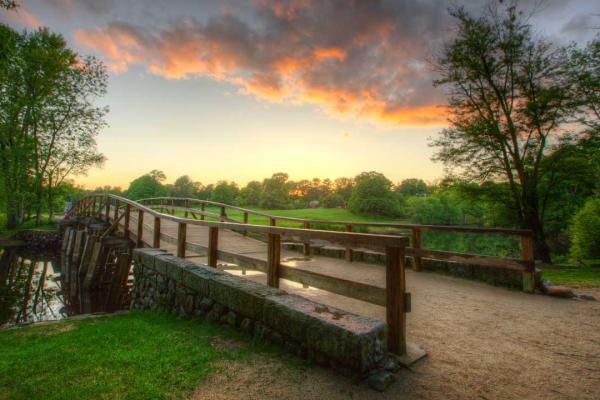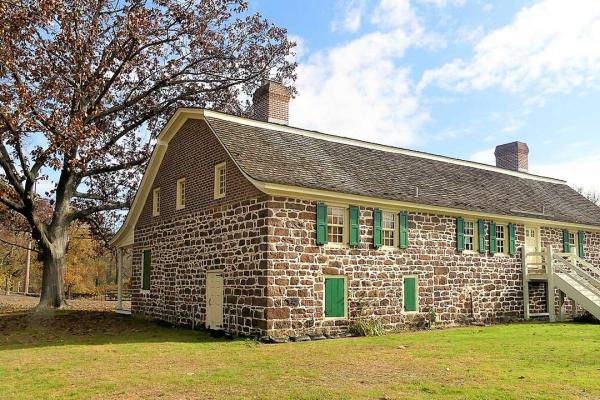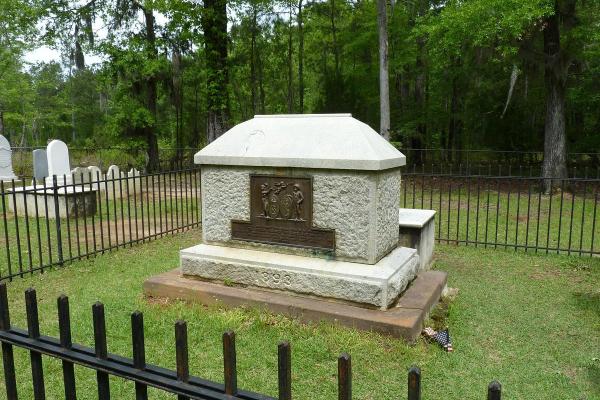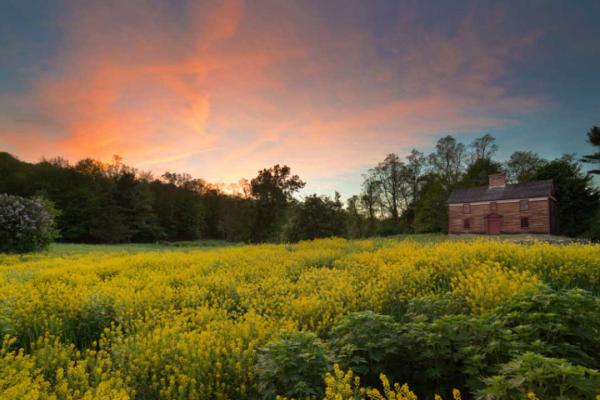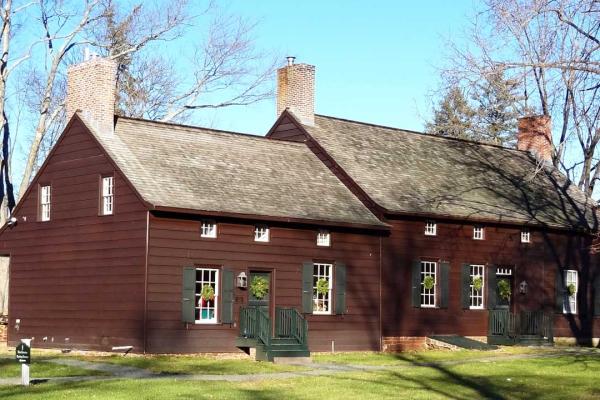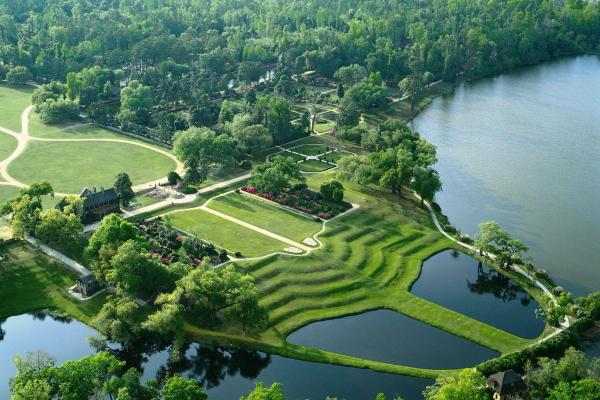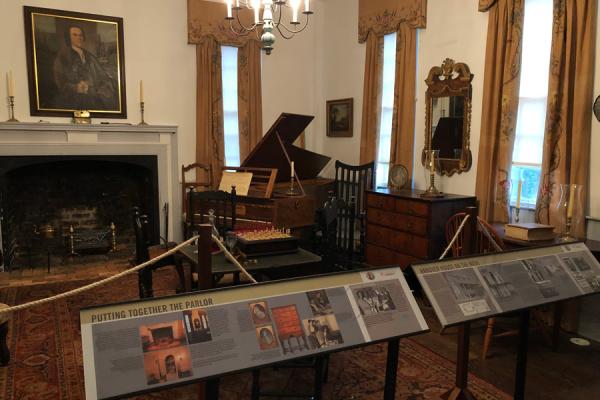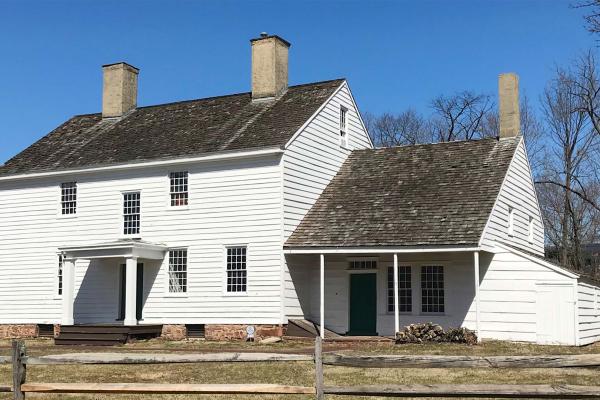Video/Audio |
Reposted from battlefields.org Share to Google Classroom Added by 3 Educators Did you know that during the Revolutionary War, not all colonists wanted to become independent? Those who chose to remain...
Video/Audio |
Reposted from battlefields.org It’s a little known fact that many black soldiers fought and died on both sides of the conflict in the Revolutionary War. They joined up for many different reasons -...
Video/Audio |
Reposted from battlefields.org Share to Google Classroom Added by 4 Educators Thomas Gage was the British Commander charged with keeping the peace in the colonies. Did he face an impossible task – or...
Video/Audio |
Reposted from battlefields.org After the Revolutionary War was won, Daniel Shays led a thousand-strong rebellion of disgruntled farmers who almost plunged the new nation of the United States into...
Video/Audio |
Reposted from battlefields.org December 25, 1776: Victory or Death. General Washington opted for a last bold strike against the British by attacking the garrison at Trenton, NJ. The result convinced...
Video/Audio |
Reposted from battlefields.org Share to Google Classroom Added by 2 Educators In October 1777, two small undermanned forts on the Delaware River were all that were stopping the British from gaining...
Uncovering History
We invite you to visit the preserved locations along the Liberty Trail and to immerse
yourself in the extraordinary events that determined the fate of a nation.
Exploring History
We invite you to visit the preserved locations along the Liberty Trail and to immerse yourself
in the extraordinary events that determined the fate of a nation.













